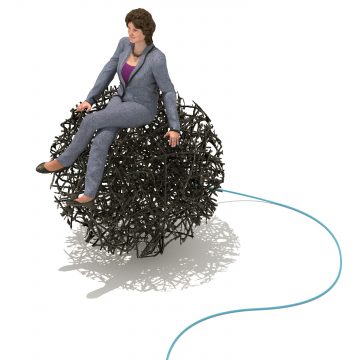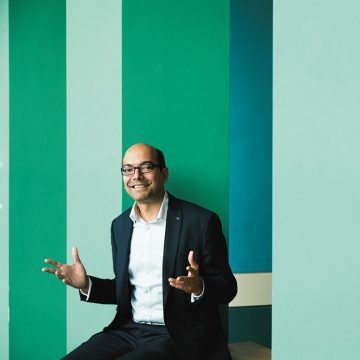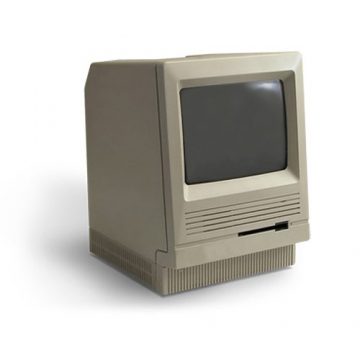Bootstrapped
The UK is Europe’s leading startup nation. Venture capitalists and business angels abound, looking for the entrepreneurs of the future. But despite the opportunity, running a start up remains challenging – which is why alumni are banding together to learn from their successes and mistakes.
When Richard Lucas (Pembroke 1985) was raking in the money selling lollipops as a seven-year-old schoolboy, he saw a bright future as an entrepreneur ahead of him. “It was pure profit and I thought it was so easy, I would never get a ‘normal’ job.”
That dream of thriving on your own is one shared by many: indeed, despite some of the toughest trading conditions in more than 50 years, entrepreneurship continues to be hugely popular – with a record number of new companies created in 2020. But the reality of startup life is often a world away from the dream of ‘being your own boss’.
Lucas himself didn’t discover what it was like to lose money until eight years into his business venture, at the ripe old age of 15, “when a mail order business I set up at my secondary school got into trouble”. (Happily, he soon got back on track, reselling bicycles to freshers while an undergraduate studying economics.)
“I did not truly come to terms with failure until my early 30s. It is such an important lesson for any entrepreneur to frame failure in terms of objectives rather than emotions.”
Since then, as a serial business and social entrepreneur and co-founder of Camentrepreneurs – a group for Cambridge alumni entrepreneurs – Lucas has invested in, and helped develop, 35 businesses worldwide. He is still a shareholder today in the Polish plastic card technology company that was his first investment, but there have been failures along the way. “I did not truly come to terms with failure until my early 30s. It is such an important lesson for any entrepreneur to frame failure in terms of objectives rather than emotions.”
Peter Cowley (Fitzwilliam 1974) is also no stranger to failure. A Cambridge-based serial tech entrepreneur and angel investor, today Cowley is on a mission to help angels and entrepreneurs make fewer mistakes, work better together and produce more successful exits.
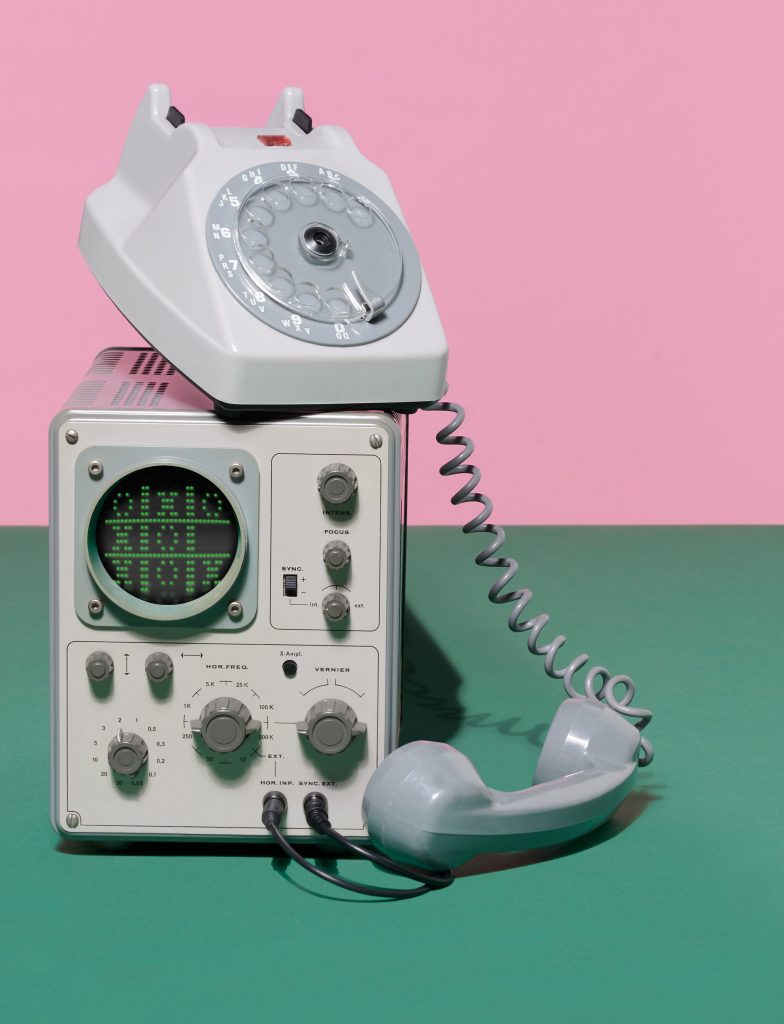
Computer games were very basic when Sandy Douglas created OXO – a graphical noughts and crosses game that is arguably the first such game ever to have been invented. It was run on Cambridge’s vast early computer, EDSAC, which at the time could run programs of no more than 800 words. The player would input using a rotary telephone as a controller, and graphics were displayed on the computer’s 35×16 dot matrix cathode ray tube. Each game was played against an artificially intelligent opponent. However, the game could only be played for academic research purposes, as computing time was limited and hugely expensive
“I have founded 14 companies, but also am/have been on 76 entrepreneurial journeys as an angel investor, some of them disasters, some great successes. I can’t say one single journey has been more positive than another,” says Cowley. “I have learned from them all and certainly come out of them as a better angel.” Now President Emeritus of the European Business Angel Network, Cowley chooses his investments based on the people behind them rather than the business plan, and spends a lot of time with budding entrepreneurs.
He is keenly aware of the strain on mental health, and wary of sole founders. “Starting a business is a hell of a burden. A team of two is ideal, with 50/50 ownership from day one. You can stretch that to three or occasionally four people, no more. Most important of all, they must want their business to scale, to be able to grow in value by at least 10 times. And that is a very small subset of new companies.”
Cowley encourages new business startups to look for funding from their customer base by selling to them before seeking external finance, and if they do seek investors, to do their due diligence first. “There are unfortunately many toxic investors out there. Since I started running businesses in the 1970s so much has changed in terms of the availability of information, opportunity and capital for investment. What has not changed is the need for an appetite for risk.”
The numbers were astronomical for a small business like ours and lots of people I talked to thought it was out of the question – laughable in fact. But you have to have the belief, and 14 months later I signed the deal.
Owen Thompson (Wolfson 2018) has certainly never shied away from risk. Now Head of Training (Europe and International) for BAE Systems, Thompson ended a 13-year career as a Eurofighter Typhoon pilot to start on his entrepreneurial journey with a Master’s in Entrepreneurship at the Cambridge Judge Business School. “Looking back now I see that it was, in a way, my entrepreneurial drive that led me to join the Royal Air Force. Even after the six years’ training and several years of stability through being fully qualified, I chose to follow my passion and finally move on to entrepreneurship. It was a tough choice to leave the RAF to pursue a path that others might deem quite risky.”
Thompson acted on a business idea during his first week studying for his Master’s. “Several classmates asked me if there was a Cambridge equivalent of the RAF Breitling watch I wear.” Thompson investigated, made a demo pitch, obtained branding licences, signed up with a major luxury watch manufacturer, attracted an angel investor who saw the dummy pitch – and Oxbridge Watches was born. Today the company is part of Doublegood, an ESG licensing partnership company, and Thompson is also the co-founder of Cambridge Future Tech, a venture builder for deep tech startups.
“There is a romantic notion of an entrepreneur burning their boats behind them, throwing everything into a high-pressure thrive or die situation. I do not see a lot of success in that route. I have a family, baby, mortgage, and prefer to take calculated risks. I translate romantic as difficult – if you start a business while keeping a regular income, the financial pressures are less, but you have to work even harder. But I wanted the thrill of acting on my personal choice, in support of my values. I tell my wife startups are my hobby.”
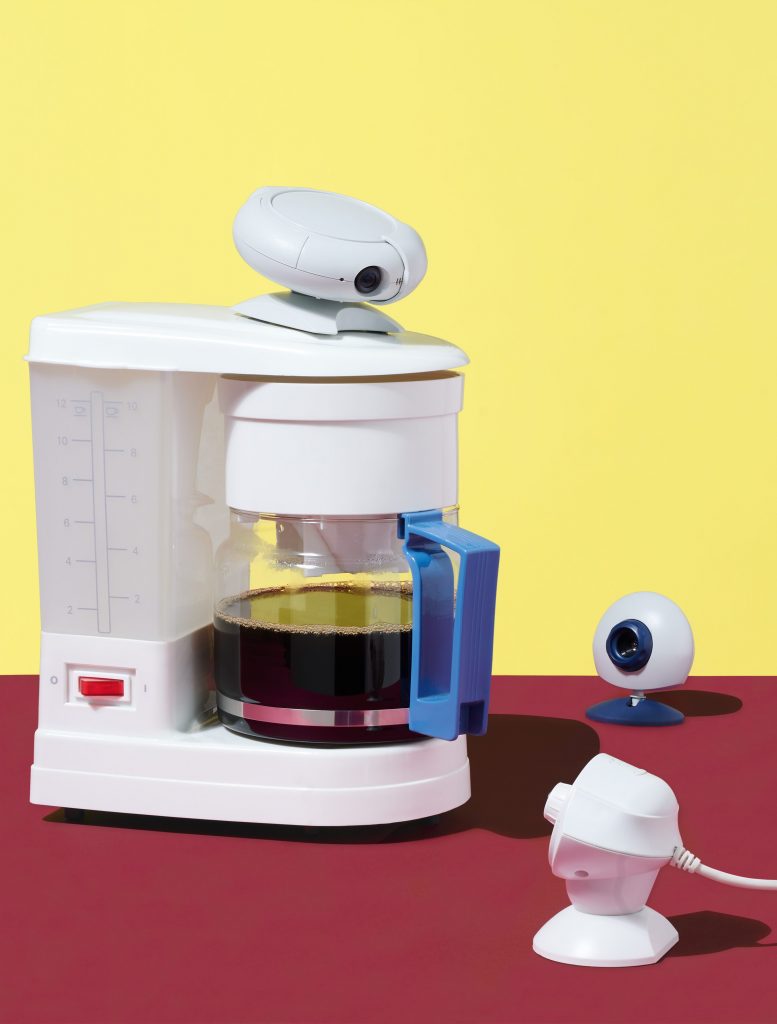
In 1991 (predating the ability of web browsers to display images), the coffee machine of the Computer Laboratory sat in the Trojan Room, “a long way” from the desks of Quentin Stafford-Fraser and Paul Jardetsky, who where understandably frustrated at finding it empty on arrival. The pair set up a camera that took a 128 x 128 pixel photo of the coffee pot at regular intervals, and provided it to all the computers on the local network through a program they wrote called XCoffee. This was later moved onto the fledgling World Wide Web, where it became a popular site until the Computer Laboratory moved premises in 2001
Thompson recently negotiated a major sponsorship deal with the Rugby Football Union (RFU), which he describes “as more stressful than I could ever have imagined” – quite something for an instructor in electronic warfare who has seen active service. “You have to be resilient. After my first meeting with the RFU I wrote the initial business plan for our sponsorship deal on the back of an envelope on the train back to Cambridge. The numbers were astronomical for a small business like ours and lots of people I talked to thought it was out of the question – laughable in fact. But you have to have the belief, and 14 months later I signed the deal. The negotiations to get there sometimes felt like something out of the movies, going back and forth. It was more stressful than I could possibly have imagined.”
Two recent graduates just starting out on their entrepreneurial journeys are Nina Warner (Churchill 2017) and Yasmina Ellins (St John’s 2016). Warner, a former President of Cambridge University Entrepreneurs (CUE), the student-run organisation which runs an annual three-stage business creation competition, has been working for the past three years on a novel beauty concept. BOS, or Built on Science, uses creative chemistry to solve common beauty problems such as hair bleaching. “I plan to finish my Chemistry PhD this summer and then I am moving to San Francisco to launch my company. It is a scary prospect, but I’m looking forward to connecting with networking support groups, meeting with other entrepreneurs who are just as passionate about their business, and who can understand your fears by providing a comfortable place for you to feel uncomfortable in.”
Being an entrepreneur is a very steep learning curve, and if you are doing it by yourself you have to learn to wear a lot of different hats.
Ellins, who was inspired to begin her podcast series, The Young Entrepreneur’s Journey, a month before starting her BA course in Management Studies at the Cambridge Judge Business School, has also set up her own consultancy firm, Kingpin Network, which helps entrepreneurs and professionals build networks. “I believe we have found a niche. I have helped my clients connect with high-profile individuals, such as TED speakers and the Chief of Defence of Norway. Being an entrepreneur is a very steep learning curve, and if you are doing it by yourself you have to learn to wear a lot of different hats. The podcasts are great to listen to, but they are even better to make! I learn so much.”
If Thompson has one lesson to pass on it is not to be afraid of failure. “The RAF taught me to learn to deal with failure constructively. I did not want to be perceived as naïve when I started out on my entrepreneurial journey. In business, you have got to assume there are going to be a lot of setbacks along the way. And if I am not enjoying it, I hope I’ll stop.”
Read more about the Entrepreneurship Centre at Cambridge Judge Business School.

